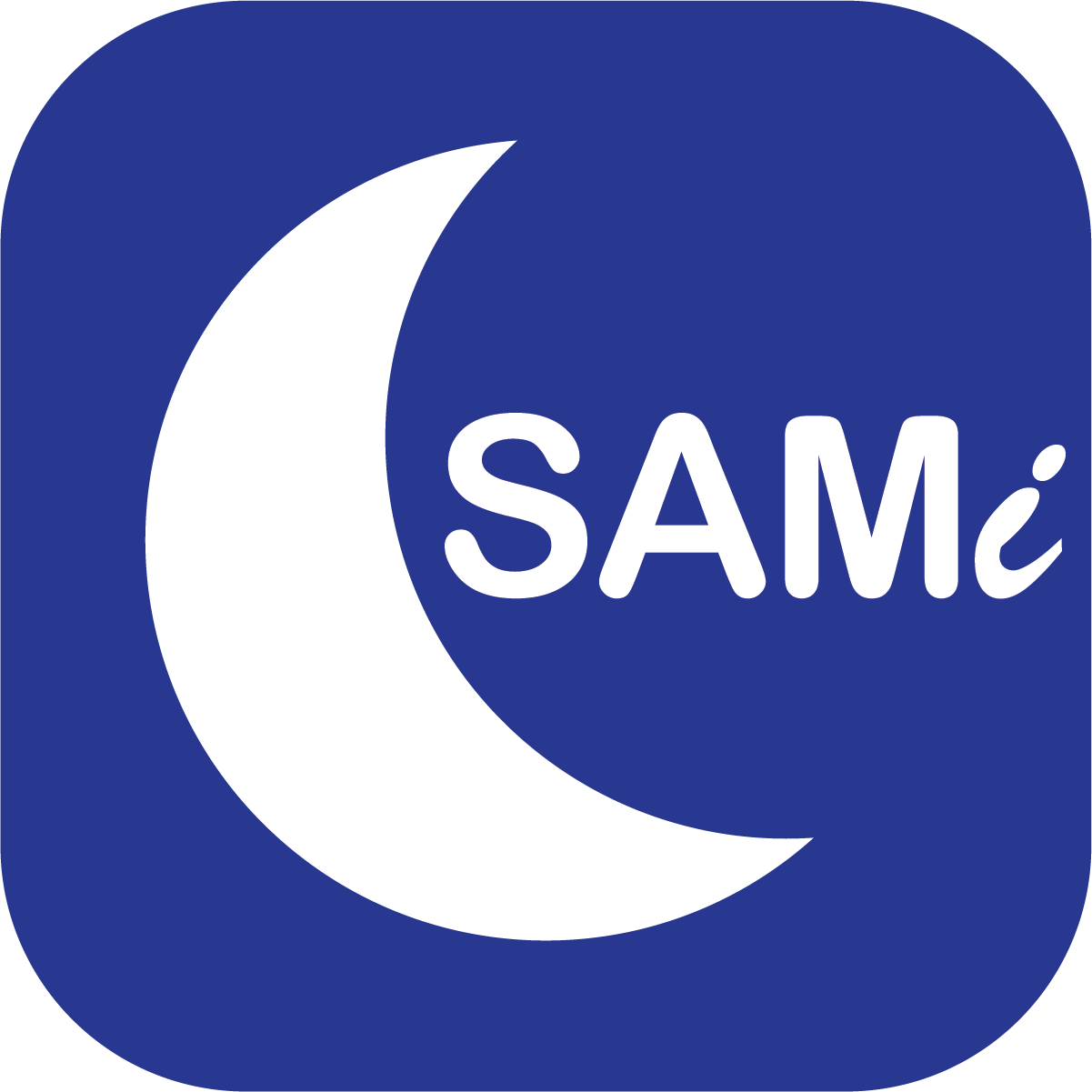The Complete Guide to Monitoring Seizures at Night
Introduction: The Causes of Nocturnal Seizures and How They're Tracked
keywords: seizure, seizure monitoring, epileptic seizures
Nocturnal seizures are seizures that happen during sleep. The term is used to describe any seizure that happens in the sleep cycle, but it is most often used to describe seizures that happen during REM sleep. The causes of nocturnal seizures are varied and may be related to epilepsy or other conditions.
The causes of nocturnal seizures can range from physical injury to infections or tumors in the brain. Other causes may include genetic disorders, metabolic problems, or a history of head trauma.
The symptoms of nocturnal seizure can vary depending on the type of seizure, but they often include changes in breathing patterns and muscle jerks.
How to Reduce the likelihood of nocturnal seizures
keywords: seizure medication, seizures during sleep, seizure triggers
Nocturnal seizures are more common in people with epilepsy and can happen during sleep. They are also more likely to occur if a person has a fever, is dehydrated, or has an injury to the head.
There are many ways to reduce the likelihood of nocturnal seizures. First, it is important to take seizure medication every day at the same time. Second, it is important for people with epilepsy to maintain a healthy lifestyle by getting enough sleep and eating nutritious foods that contain potassium and calcium. Third, people with epilepsy should avoid alcohol and illegal drugs because they can trigger seizures.
How to reduce the risk of night-time seizures
keywords: how do i monitor my child at night for a seizure, how do i monitor my child during sleep for a seizure, what is the best way to monitor a child's night-time seizures, anti suffocation pillow
There are a few ways to reduce the risk of night-time seizures. One is to use a sleep monitor. The other is to use a seizure alarm watch.
A sleep monitor can be set up in the child’s bedroom and will detect any abnormal movements or sounds during their sleep. A seizure alarm watch can be worn on the wrist or ankle, and will alert the caregiver when an abnormal movement occurs.


